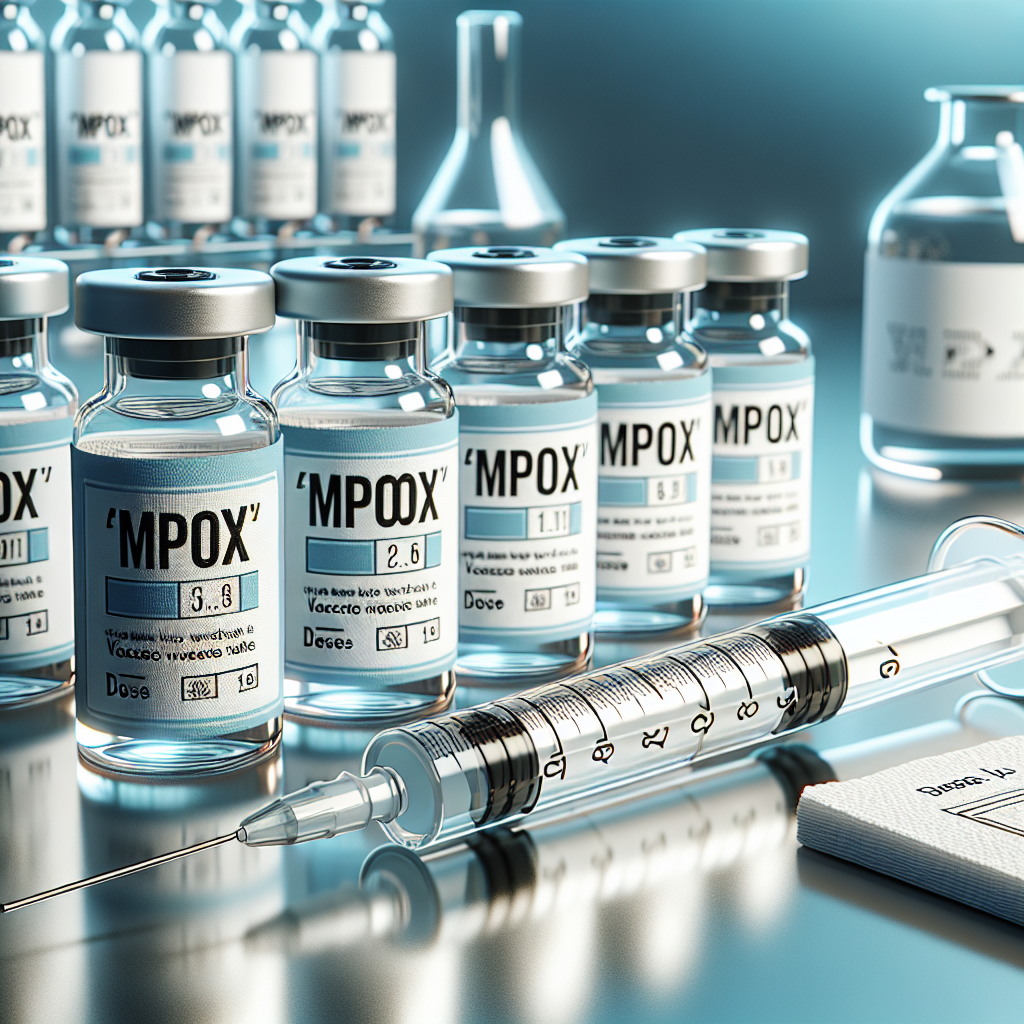WHO Launches Plan to Combat Mpox Outbreaks
The WHO has initiated a six-month strategy to curb mpox outbreaks, focusing on increasing staff, and enhancing surveillance and response efforts. The plan, running until February, seeks $135 million in funding to ensure vaccines are accessible, especially in Africa. Germany has also donated 100,000 vaccine doses.

- Country:
- Switzerland
The World Health Organization (WHO) on Monday unveiled a six-month strategy to combat mpox outbreaks, emphasizing the need for enhanced staffing, surveillance, and response efforts in the most affected countries.
The plan, set to run from September through February next year, aims to raise $135 million to ensure equitable vaccine access, particularly in Africa, which bears the brunt of the outbreak.
WHO Director-General Tedros Adhanom Ghebreyesus highlighted that the mpox outbreaks in the Democratic Republic of the Congo and neighboring countries could be controlled and eventually stopped.
In mid-August, WHO had declared the current mpox situation a global health emergency. The agency is now significantly increasing its staffing in the affected regions.
Germany has stepped forward to support the cause, with government spokesperson Steffen Hebestreit announcing the donation of 100,000 mpox vaccine doses from military reserves.
The Democratic Republic of the Congo reported over 1,000 new mpox cases last week alone, making it the most affected country.
According to the African Centres for Disease Control, as of last Thursday, more than 21,300 suspected or confirmed mpox cases and 590 deaths have been recorded across 12 African countries this year.
Mpox, related to the smallpox virus, generally causes milder symptoms such as fever, chills, and body aches, although severe cases can result in lesions on various parts of the body and spreads through close skin-to-skin contact, including sexual activity.
(With inputs from agencies.)










